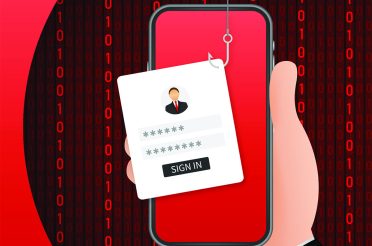The adage “innovate or die” is now more critical than ever for an organisation’s survival and success. Projections show that by 2025, Generation Z, born between 1997 and 2012, will make up roughly 27% of the global workforce. Our findings reveal significant differences in expectations between this generation and those before them. According to multiple Adobe surveys, seven in ten Gen Z employees would change jobs to secure better technology.
If tech is considered king, what on-site experience enhancements are employees seeking?
Research undertaken by JPMorgan emphasises the importance of digital management software. Recent software launches support this notion. These platforms centralise all tech stack tools, fostering improved experiences and smoother management-staff relationships. The evidence is clear: JPMorgan’s findings hold weight.
Organisations can leverage this technology to scale up their winning operational strategies. The pandemic undeniably reshaped workplace models, but it also set a crucial precedent for the incoming generation of workers: Gen Z.
For most of Gen Z, the working world has always been hybrid. They’ve readily embraced this change, navigating the evolving work and office space with increasing openness. To stay competitive, companies must prioritise flexible technological advancements that extend beyond the physical office. However, one study reveals a critical gap: 62% of employers lack the resources to fully understand how employees are currently utilising their assets.
Cutting-edge technology can empower you to understand your staff better. Capture sentiment and equip your teams with valuable insights to drive impactful leasing, marketing, and operational strategies.
Simply put; to attract younger workers to the office, organisations need the right technology in place.
Prioritising People: The Future of Work
The pandemic gave the Australian corporate landscape a crucial push towards prioritising people over place. Investing in employees generates positive effects that ripple throughout the entire company. But after years of working remotely, what can entice people back to the office?
Company leaders are changing their tune. The focus has shifted from forcing staff back to the office, to creating an office environment that entices them to return.
Research underlines this shift. Nearly all (91%) organisations are actively trying to provide a hospitality-like experience for their staff.
Can we strike a balance between remote work and loneliness?
Pre-pandemic research by organisational psychologist Lynn Holdsworth found a significant link between remote work and loneliness. Full-time remote workers reported a 67% increase in loneliness compared to in-office counterparts. The solution lies in creating a social work environment that fosters connection. Companies can achieve this by balancing the benefits of remote work with an engaging office experience that excites employees. This approach not only boosts employee well-being but also helps organisations attract and retain staff.
Building Stronger Teams: Strategies for Connection
Organisations are finding creative ways to lure employees back to the office. Consider hosting building-wide initiatives like wine or tapas tastings, offering complimentary drinks and snacks, or even organising on-site massages. These events provide valuable opportunities for employees and management to network beyond their teams, fostering a sense of community and belonging. They also create a positive workplace image and generate events employees can look forward to. Promote these events through various channels – apps, email blasts, and elevator screens – to ensure maximum reach.
Offering these experiences allows management to connect on-site attendees across a single building or even your entire organisation. As working conditions evolve, centralising your operations and technology is key. This streamlines event management and coordination, ultimately improving the experience for attendees and increasing the likelihood of staff retention.
Valuing employees leads to happiness, and flexible workplaces demonstrably boost retention. It’s that straightforward. Technology’s power lies in uniting, not dividing us. It fosters connections, simplifies communication, and streamlines the office experience.
If you are looking for help to leverage ICT to build a hybrid workforce of the future, call us on +61 7 3414 0600, or send us a message here.








